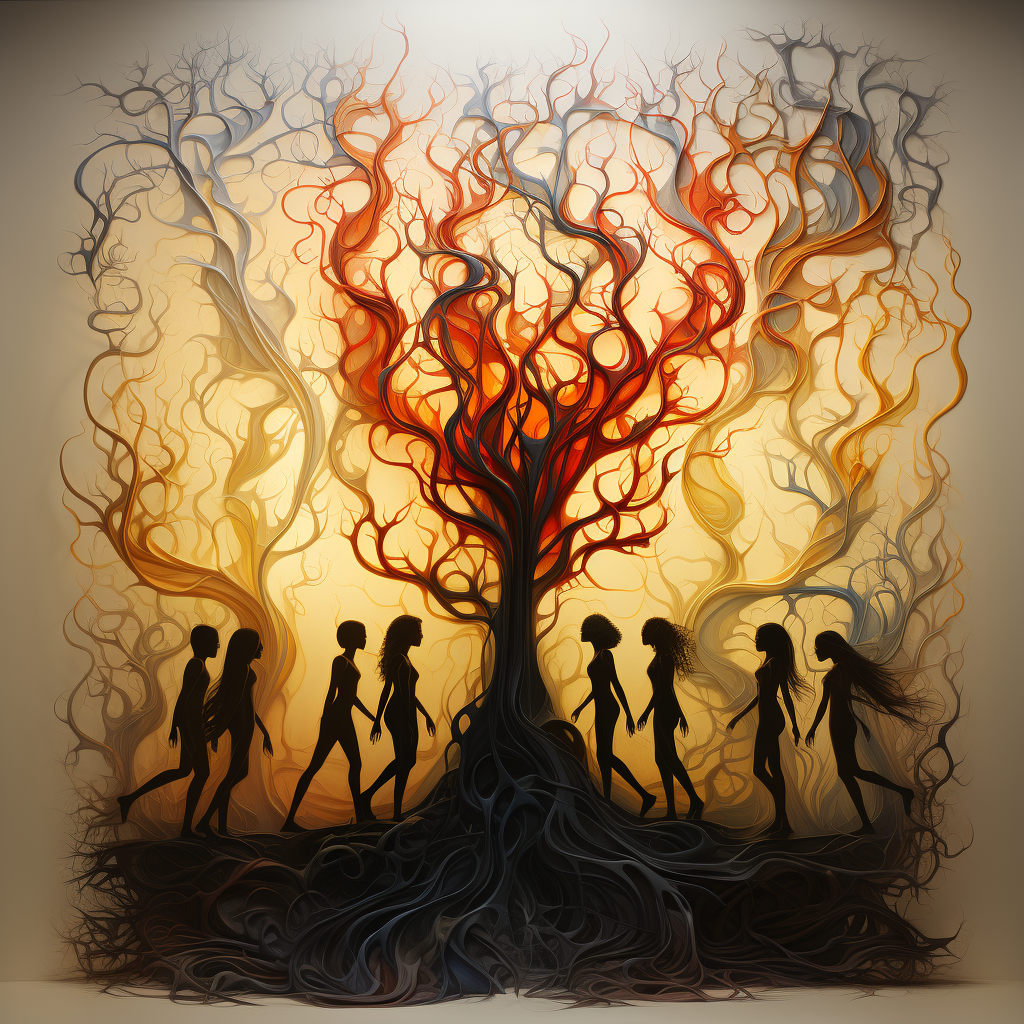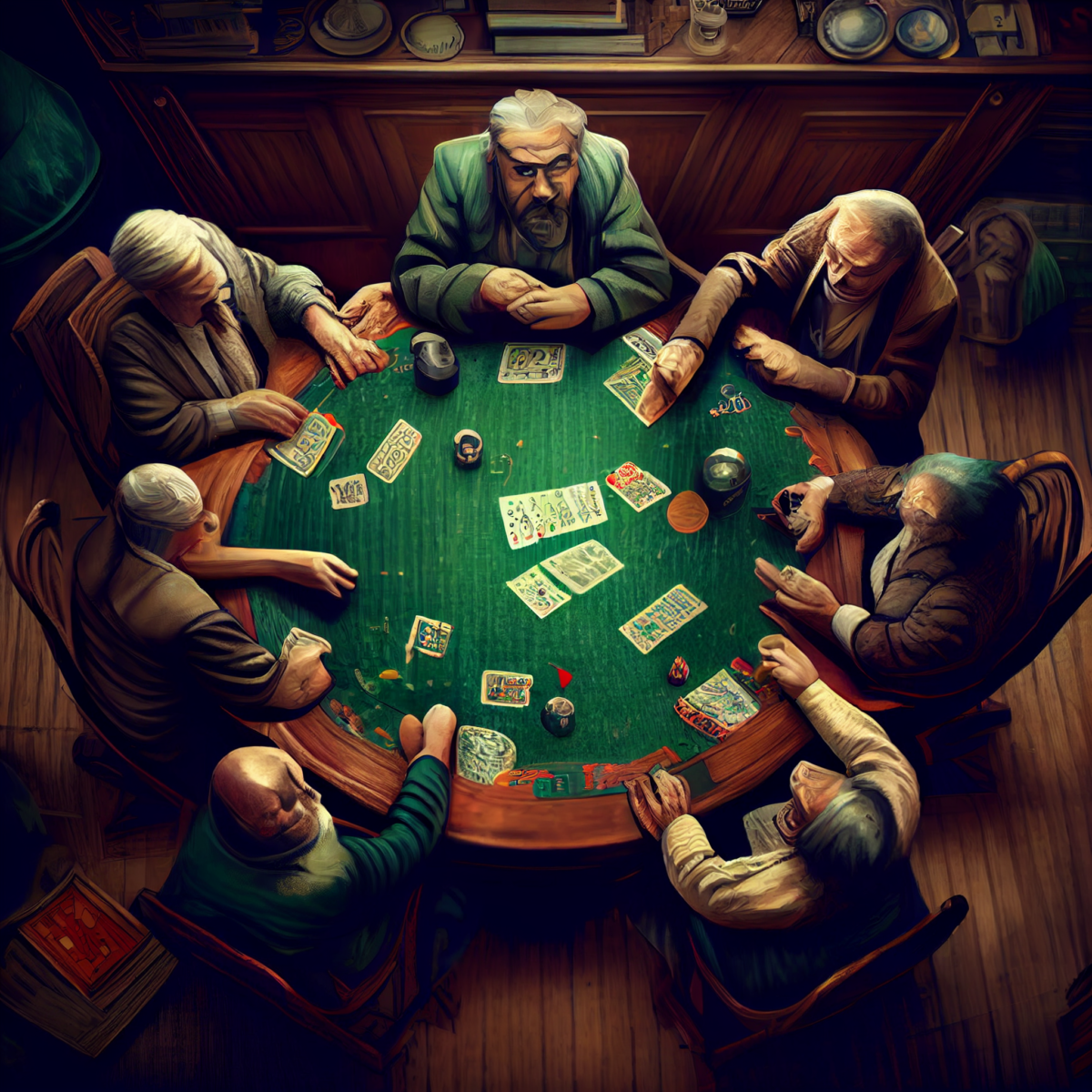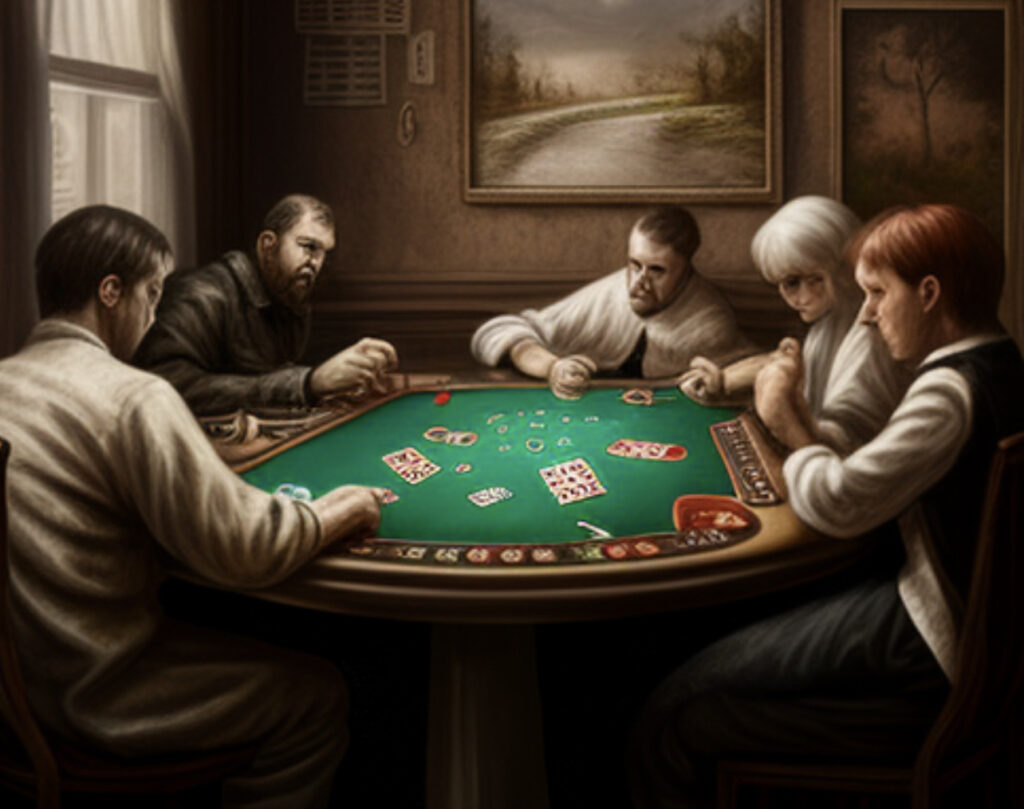In the rich tapestry of human emotions, fear often emerges as the most primal, driving many of our reactions, choices, and feelings. Two particularly potent emotions that are intertwined with fear are hatred and envy. Both are, in essence, manifestations of underlying fears. Delving deeper into these emotions and understanding their roots can offer valuable insights into human behavior and how to navigate challenging emotional landscapes.
Hatred: The Fear of the Unknown
Hatred is often born out of fear. Paulo Coelho, the renowned author of The Alchemist, once remarked, “Hatred is a way of shutting our eyes to the lessons that the universe has to offer.” This powerful statement underscores how hatred can be a defense mechanism against what we don’t understand or what threatens our sense of self.
Example: Consider the widespread xenophobia observed in many societies. Often, this hatred towards foreigners or unfamiliar cultures is rooted in the fear of the unknown or the fear of losing one’s identity. By disliking or even despising what is different, individuals shield themselves from confronting the discomfort associated with change or the unfamiliar.
Envy: The Fear of Inadequacy
On the other hand, envy arises from feelings of inadequacy or a sense of lacking in comparison to others. Renowned psychologist Alfred Adler posited that feelings of inferiority drive many of our behaviors, and envy is a prime example of this. When we envy someone, we’re essentially acknowledging our fears of not measuring up or missing out.
Example: Imagine a person who envies their colleague’s promotion. Deep down, this envy might stem from their fear of not being competent enough, or the fear of never achieving their own goals. Their colleague’s success becomes a mirror, reflecting their own insecurities.
“Drop the FEAR and focus on the FAITH” by Di Tran
Upcoming author Di Tran, in their soon-to-be-released book, “Drop the FEAR and focus on the FAITH,” beautifully captures the essence of transcending these fear-driven emotions. Tran suggests that the answer to fear is love. By approaching life with love and faith, we can counteract the negative pull of emotions like hatred and envy.
Di Tran emphasizes the importance of a shift in mindset. It’s not merely about recognizing these fears but actively practicing a faith-driven approach to challenges. The goal isn’t to suppress or deny these emotions but to transform them through understanding and love.
Example: Instead of harboring resentment towards someone we envy, recognizing the fear underneath allows us to address our feelings of inadequacy directly. By focusing on faith and love for oneself, one can find solace and motivation to pursue one’s own goals without being tethered by comparison.
The Path to Mastery: Practice and Persistence
Mastering this shift is no small feat. Like any skill or mindset, it requires dedication, consistent effort, and introspection. As the saying goes, “Rome wasn’t built in a day.” Achieving a state of happiness and peace is an ongoing journey. By acknowledging and confronting our fears, we make incremental progress towards inner serenity. Di Tran eloquently reminds readers that the road might be rocky, but with commitment and faith, the rewards are profound.
Conclusion
Both hatred and envy, powerful and often destructive emotions, find their roots in fear. By understanding this, individuals can begin the journey of transformation. As Di Tran eloquently puts it, it’s about dropping the fear and honing in on faith. Through diligent practice and unwavering belief in oneself, we inch closer to the ultimate human goal: peace.




